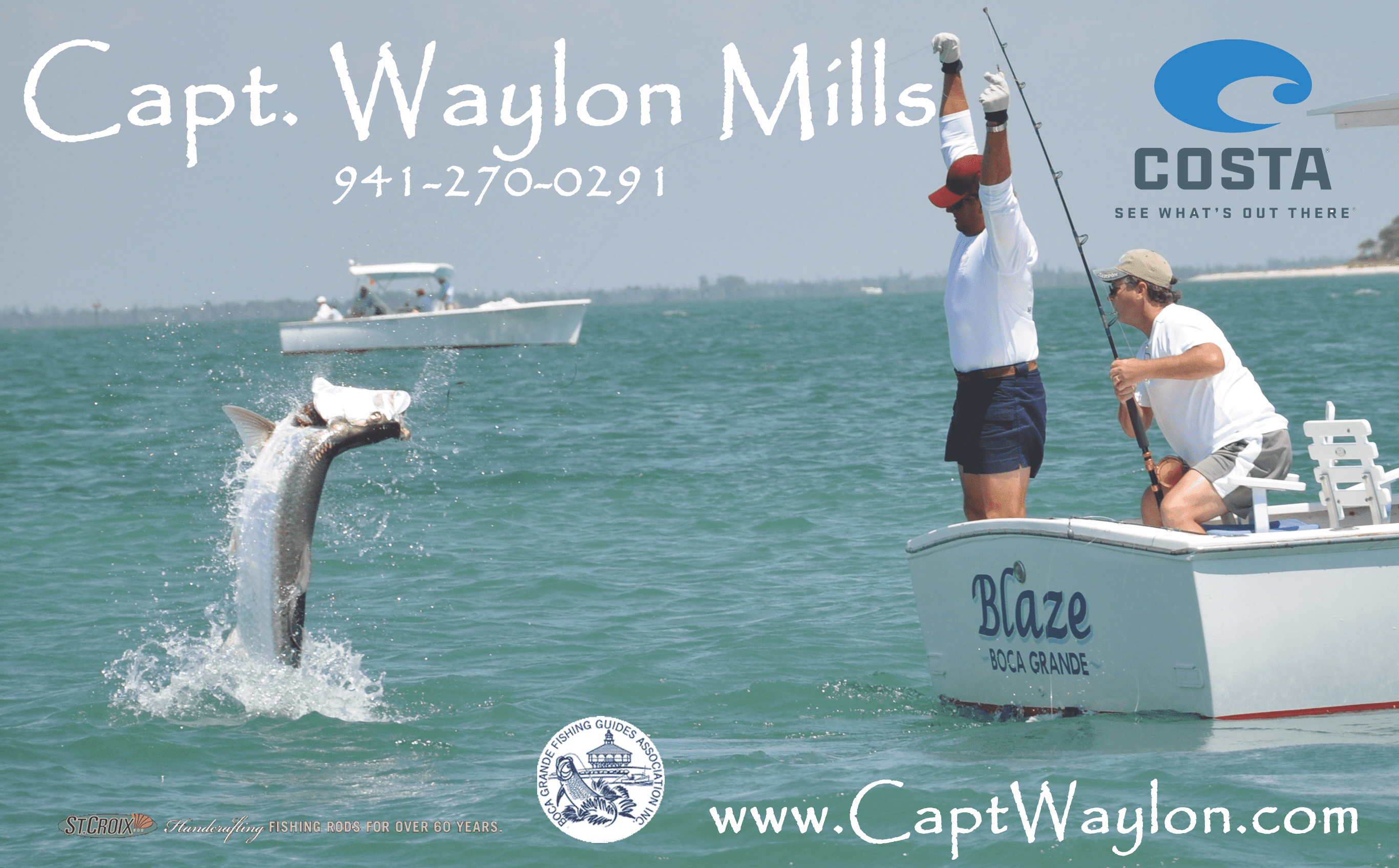PROFILE: WSEB radio and general manager Ken Lindow Jr.

In Cape Haze, just behind the Ace Hardware and Cool Pickle in Paradise restaurant, a 300-foot radio tower that most see, but few pay attention to, peeks out of the woods.
The tower, with its blinking red light, is the broadcast point for 91.3 FM, WSEB. It is a small, independent Christian radio station that runs on a tiny budget but has considerable reach.
WSEB’s signal reaches north up to Bradenton, east 10 miles outside of Arcadia, and south to the airport in Ft. Myers. Its signal also goes out across the Gulf of Mexico, reaching the very occasional boater or fisherman. Most often, boaters just use the blinking red light atop the tower as a guide.
“We’ve heard from fishermen that they use our tower for guidance,” said WSEB General Manager Ken Lindow, Jr. “Sometimes it’s a blessing to them.”
The tower, in the low swampy woods behind winding Amberjack Creek, is officially Suncoast Educational Broadcasting. It was the idea of Pastor Wally Metts of Calvary Baptist Church of Englewood and John Walker, a local restaurateur who operated Famous Recipe Fried Chicken in Englewood. They first talked about the station in 1982.
The initial support was from like-minded pastors who thought that what the area needed was an independent Christian station that would feature local preachers and programming, as well as national religious shows.
While Metts was planning the station, he talked to Dr. Kenneth Lindow, Sr. The elder Lindow had first come across Rotonda in 1973, while he lived in Colorado. He arrived in 1975 and set about establishing a church. Lindow had purchased the property on May 15, 1978 for $7,200 on a 9.5 percent loan.
However, it was the wrong time to build a church. Rotonda West was collapsing, and the energy crises and inflation of the 1970s made it a nearly impossible time to build a congregation.
Lindow Sr. had previously had a religious broadcast on the local AM station WENG. And Metts needed the perfect location.
Many gifts and bits of blessings came together to build the station, all of which are detailed in the book “Giving the Winds a Gospel Voice in Southwest Florida,” a history of the station just published by Lindow Sr.. He dedicated the book to Dr. Metts, who has worked tirelessly to get the station started.
The station went on the air on Saturday, May 20, 1989. It took them until 2001 to buy their studio on Dearborn Street in Englewood.
In the early days of the station, contemporary Christian music featuring the likes of Stephen Curtis Chapman and Amy Grant was exploding across the nation, and even crossing over to rock stations. They took a different approach.
“We noticed there is plenty of contemporary music,” Lindow said. WSEB tries to fill niches and serve audiences that cannot find programming elsewhere. Because there were no stations playing southern gospel, for instance, they do a bit of that in the morning.
“I’m more of a hymn guy, but I see the values of the other,” said Lindow, who is the host for a 9 a.m. music program. The offerings include Traditional Tuesday and the music Praise in Paradise with Pastor Gary.
“Our goal is just Bible teaching. You can get a Bible degree from just listening for our station for a couple of weeks, because we have some great Bible teachers.”
From the beginning, programming has always been religious, but approaches have been slightly different. For a time, they took Christian programming from a syndicated service called BBN, but with that service, they would give the station only an hour for local programming.
Fellowship Church, from the “bullseye of Rotonda,” is a supporter of the radio ministry as well, and Pastor Gary Clark offers sermons in the late afternoon.
“When all the dust cleared,” said Lindow, “we became local with a lot of local pastors.”
The station runs on one full-time employee, and their office manager and others serve part-time, including Ken Lindow, Jr. as the general manager.
The cost of running is minuscule for a station with its reach. They rely on God to keep it on the air. They have not had to do a share-a-thon for the last couple of years, as listeners have been so faithful with donations.
Through COVID, new donors came in and supported the station.
“We run this whole station for $12,000 a month. It’s a great use of God’s money,” said Lindow. “We are very frugal, and we just want to make every cent count for the Lord.”
There are many improvements the station needs, but they are patient.“ You can do it all for money,” said Lindow. “But it’s the Lord’s money, so we try to make every cent count for him. So we always remember that. We are careful with what we do.”
Lindow Jr. came on the board of the station a decade ago, when he was ministering in Pennsylvania. Since his move back to Florida, he has been driving a bus for a retirement home to supplement his work at the station. He calls his life a ministry of tent-making, and he hopes to one day be able to be on staff full-time.
“I love ministering to older people, and the retirement home gives me a great opportunity,” said Lindow.
His father, Dr. Ken Lindow Sr., 83, is still very much involved in helping the station, and writes the newsletter. Lindow Sr. also serves part-time helping Pastor Gary Beatty at First Baptist Church of Boca Grande. That church is Lindow Jr.’s home church, too, when he is not visiting churches to talk up the station.
Most Christian radio programming today follows the model of commercial radio, namely hosts that play only a certain type of music. Christian music is so popular that there are numerous offerings locally. WSEB’s programming is a bit more antique, by choice.
“We aren’t against JOY FM, or WAY FM, or I Heart Radio, or any of these conglomerates,” said Lindow. “There is a reason they are franchised; they have a recipe that obviously works.”
WSEB offers daily the nation’s oldest running radio drama, Unshackled, sponsored by the First Baptist Church of Boca Grande. The drama, run each day at 5 p.m., has been on the air since 1950. Unshackled harkens back to the days of early radio, before television. Each day, the show tells the story of someone saved by faith in Christ, at Chicago’s Pacific Garden Mission.
The formula is always the same: A decent person who has some troubles makes some bad choices in life, from alcohol to drugs to infidelity. These folks end up finding Christ and turning their lives around. During the radio drama, Pacific Garden Mission’s radio producers use organs, sound effects and tricks used in the early days of radio. Through a drunken-driver car accident or drug overdose, the approach, which charitably can only be called totally hokey, never fails to deliver on a personal rescue and a life turned around.
“It’s fantastic,” said Lindow. “Because it shows how God changes lives.”
Unshackled finds fans in surprising places. “I had a guy come here, into our station whom I went to high school with. I hadn’t seen him for 35 years. And he came in, gave a donation and said, ‘Keep Unshackled on the air!’ ”
Like so much culture today, much is cast away too quickly. Lindow commented that “we live in a day and age when everyone thinks that you always have to do ‘new, new, new, new, new.’ There is a relevancy to the word of God that is timeless.”
The station presents an array of radio preachers. One of the most steadfast has been the late Dr. J. Vernon McGee, whose “Thru the Bible” radio show is a classic of Christian radio, beginning in 1967.
Though McGee died in 1988, a year before the start of the station, Lindow says that he is just as relevant today as he ever was. Others on the radio were Atlanta preacher Dr. Charles Stanley, who died this year, and Adrian Rogers, who died in 2005.
Christian radio works to pay for itself in a number of ways, and its support structure resembles public radio or public television. Each radio program ministry is different. The station has contracts with a couple of them.
Traditionally, listeners support a radio ministry by sending money to the ministry itself. The ministry then gives a percentage back to the station. Other listeners support the programs they like by donating directly to the station and earmarking the program.
WSEB came inches from destruction during Hurricane Ian, both at its offices on Dearborn Street in Englewood, and at its tower site in Cape Haze.
“We didn’t even have enough damage to meet our minimum from our insurance,” said Lindow. “We came out of this storm much better than what I expected. Like the rest of us, we are still recovering from the shock of the storm. I couldn’t even get down here for three days. I imagined the worst.”
It turned out to be merely inches of flooding, and not the feet of flooding that closed Route 776.
While the Cape Haze tower is visible for miles, it is far too small to use cell phone technology. In the past they had tiny Nextel messaging equipment, but when that technology fell out of favor they could not get revenue from cell phones, which is typical for many radio stations. The tower is not strong enough to hold current cell tech equipment and transmitters. That may have saved it.
Along with a bit of luck in timing, that is. They had the tree trimmers out at the property just three weeks before the storm. As soon as roads were passable, Lindow Sr. got there.
“Our tower was undamaged,” said Lindow Jr. “Our little tower that’s been there 35 years stood through the storm. When my father went and investigated it, there was a tree that fell into other trees, just six inches from a guide wire. If that tree had come down on the guide wire, it would have taken the station down.
“Its amazing. It stood through the whole thing.”









